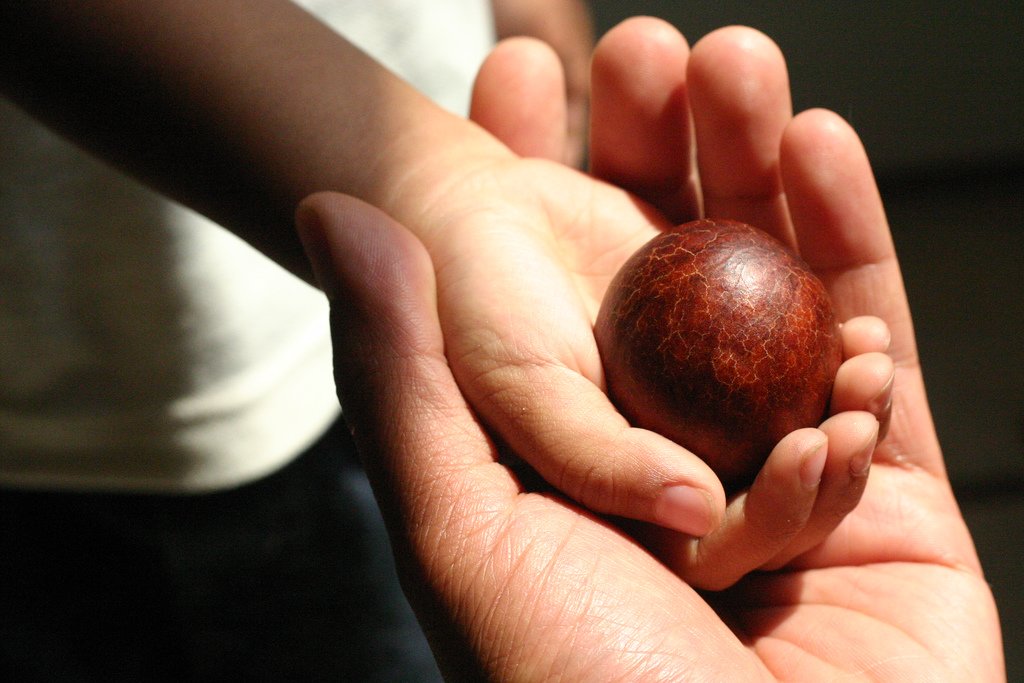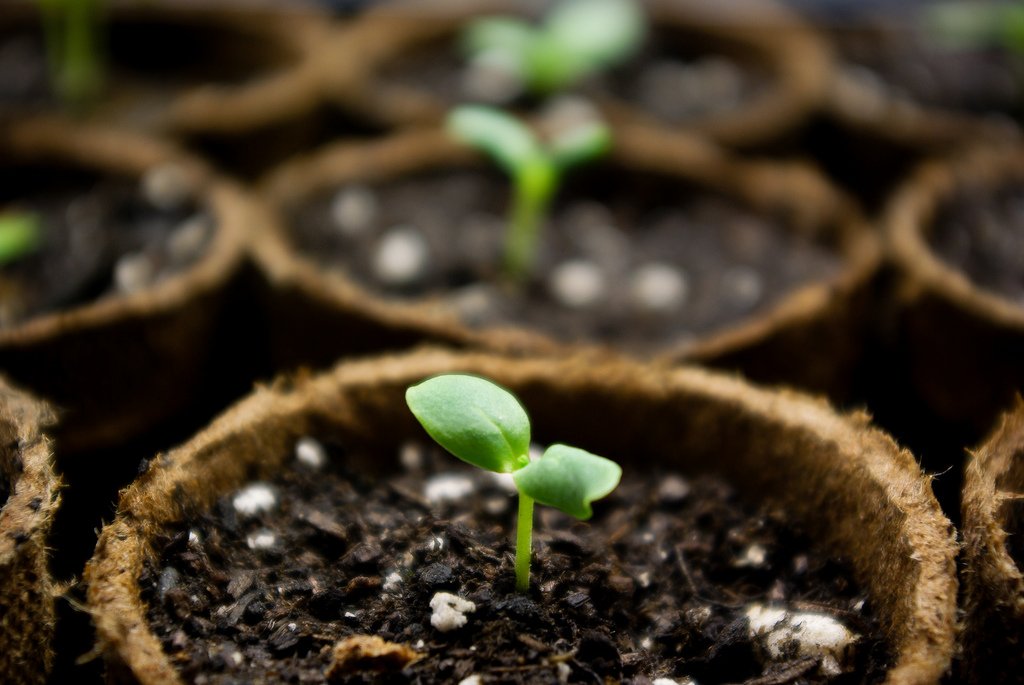Environmentalist Baba Dioum famously said, “In the end we will conserve only what we love; we will love only what we understand and we will understand only what we are taught.”
The future of our planet hinges on the actions of today’s school-age generation. But unless environmental education begins to take hold in curriculums across the country, then the United States will be taking the slow lane towards positive change.
Take this example. Cities like Seattle and San Francisco require composting, whereas places like New York City and Boston have yet to catch up. In these communities where composting is not compulsory, most people do not compost spurned by their own incentive. It would require that they process the food matter themselves, and it would represent a departure from the system that (throw everything into one, consolidated trash bin) people have grown accustomed to. But in those places where composting has become ingrained in the social structure, it’s simply second nature. Food matter goes into one bin; trash goes into another. People don’t view it as an inconvenience or an imposition; it’s a natural action.
If children grow up without the knowledge of how to live sustainably, then it becomes that much harder for them to adopt earth-friendly behavior of their own accord – both in the short and long term. They are less likely to turn off the lights and the tap, and they aren’t apt to compost. But the issue runs much deeper. Children who don’t cultivate an understanding of our planet’s needs at a young age are far less likely to choose career paths that serve to aid our environment. They simply don’t appreciate the demand, and they aren’t engendered with a sense of incentive.
But if the seed is planted at a young age, then the emerging generation will grow up with a profound understanding of what our planet needs in order to survive. Environmental education engenders a sense of stewardship; it makes people feel responsible about the future of the earth. And in order to activate change that sticks, we need to inspire.
Many schools have already begun to adopt green education programs. Teachers integrate environmental themes into the curriculum, challenging students to use skills like math and science to solve ecological problems in their community. If, at a young age, children understand what an impact seemingly simple things like composting, recycling, or energy use can have on our planet, they are motivated to create change.
Students want to feel empowered. They want to feel like they can make a difference, like they can lead transformative experiences in their community. By infusing environmental subject matter – both on a small (i.e. composting) and large (i.e. climate change) scale – into the curriculum, educators show students where they fit into the future of our planet.
We need environmental education to inspire today’s students, and to clear the path for a cleaner, healthier tomorrow. Our children hold the future of the planet in their hands… And now we need to give them the tools to mold it into something sustainable.



